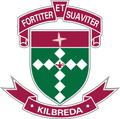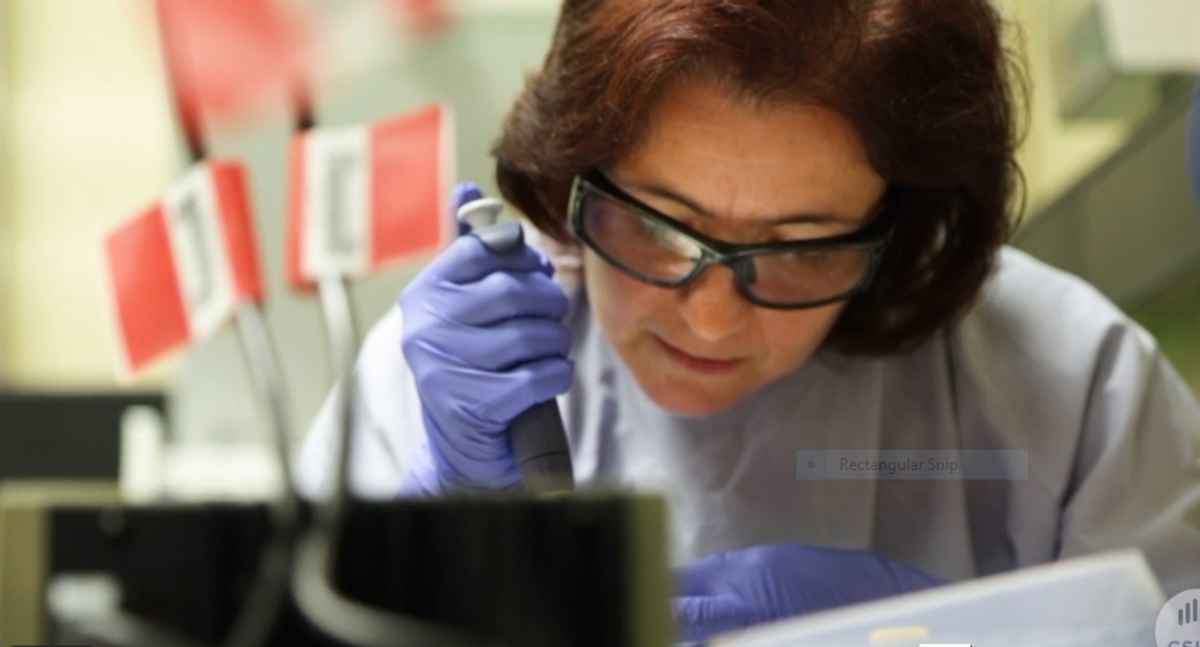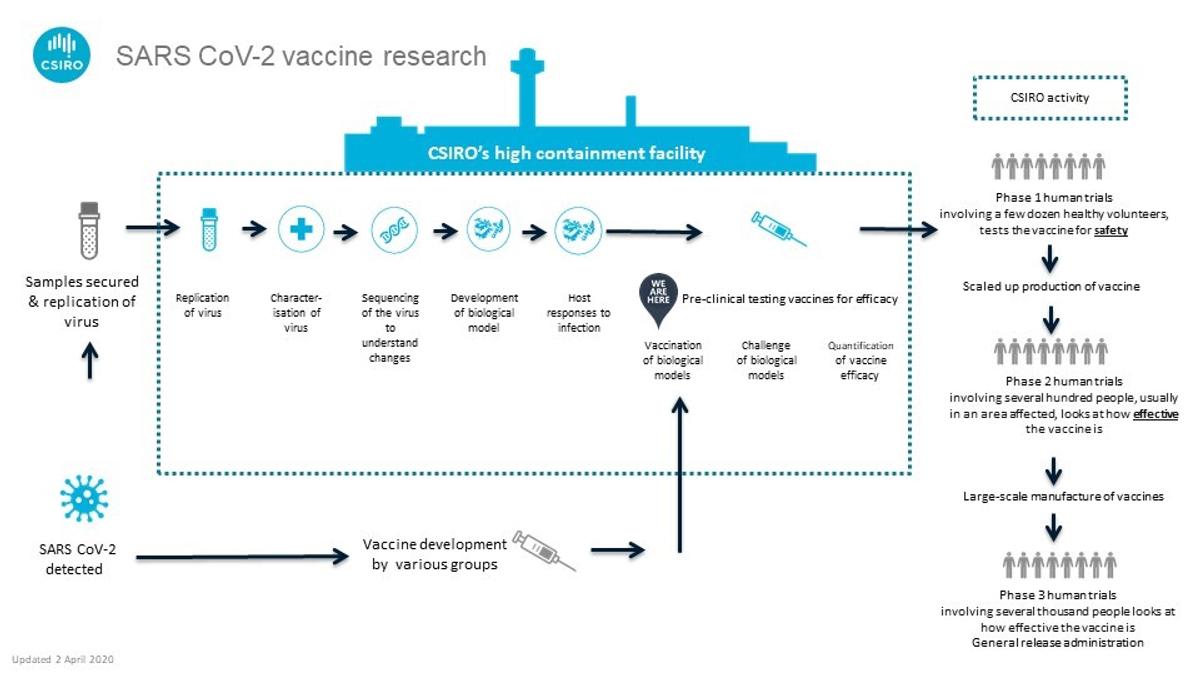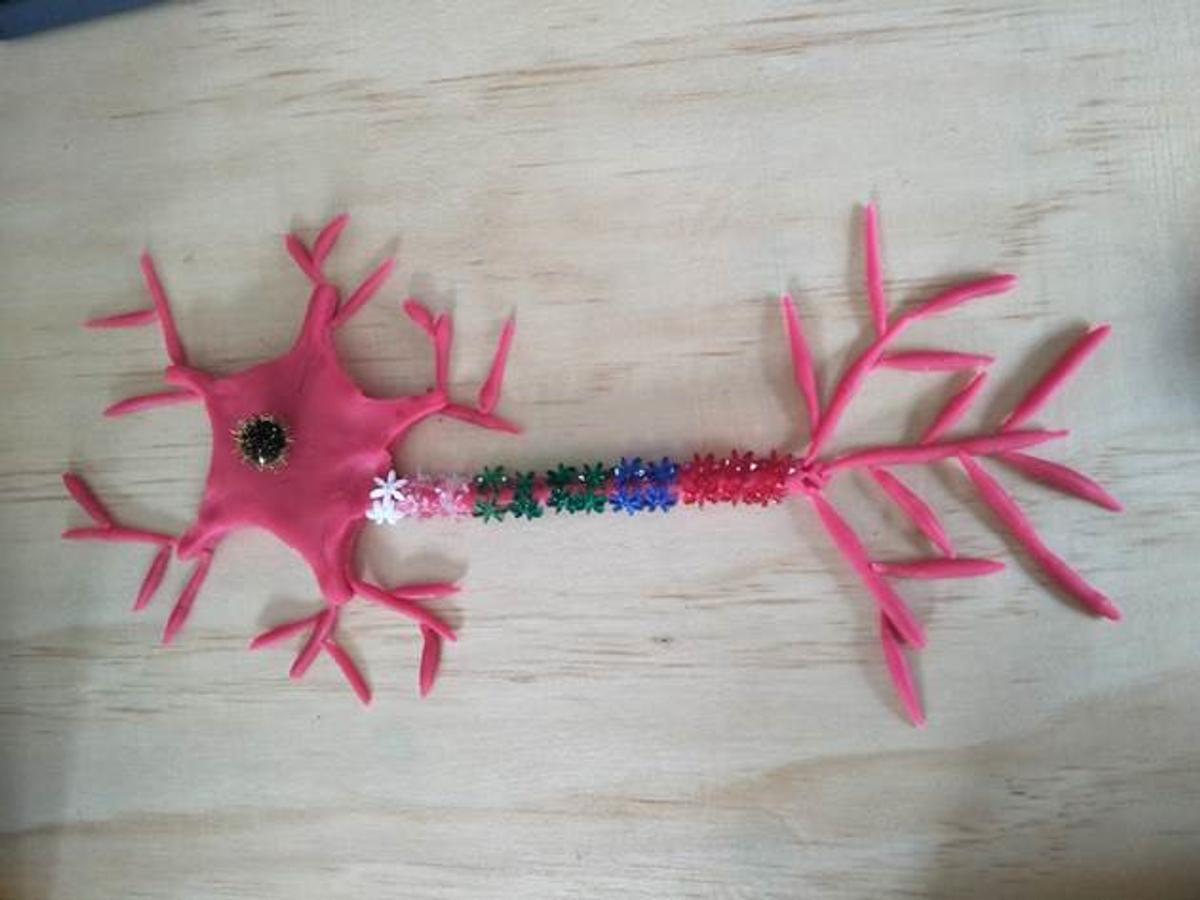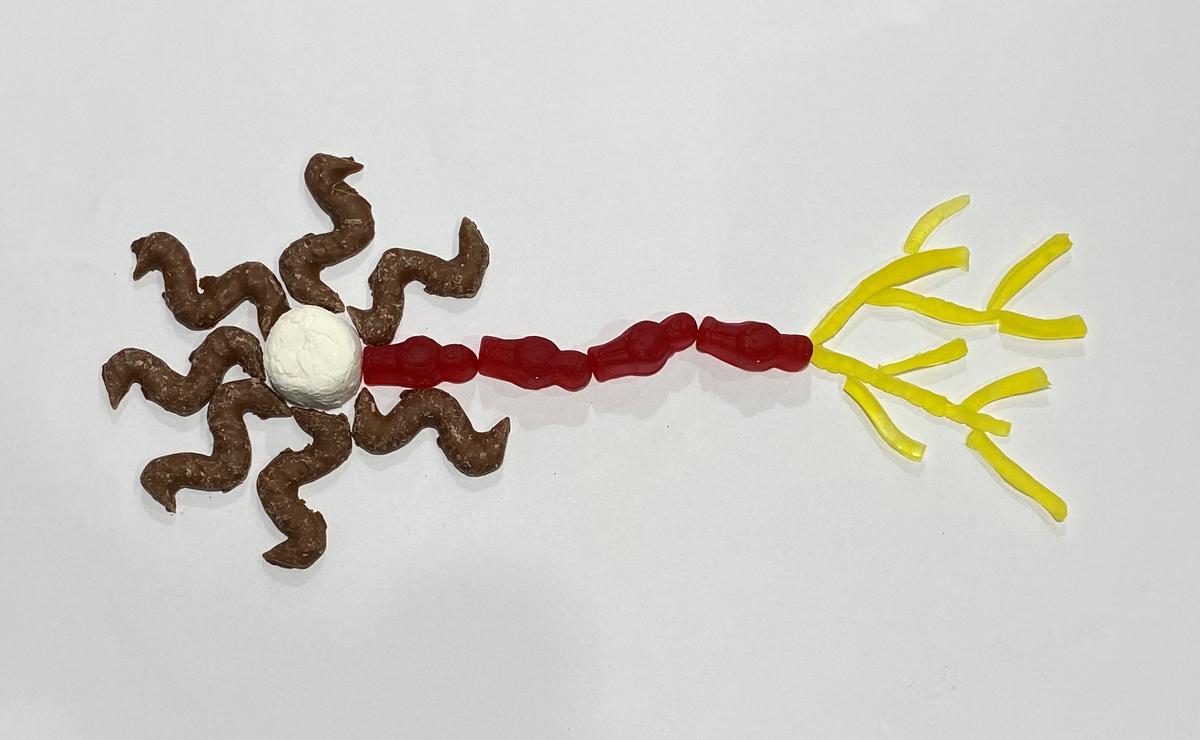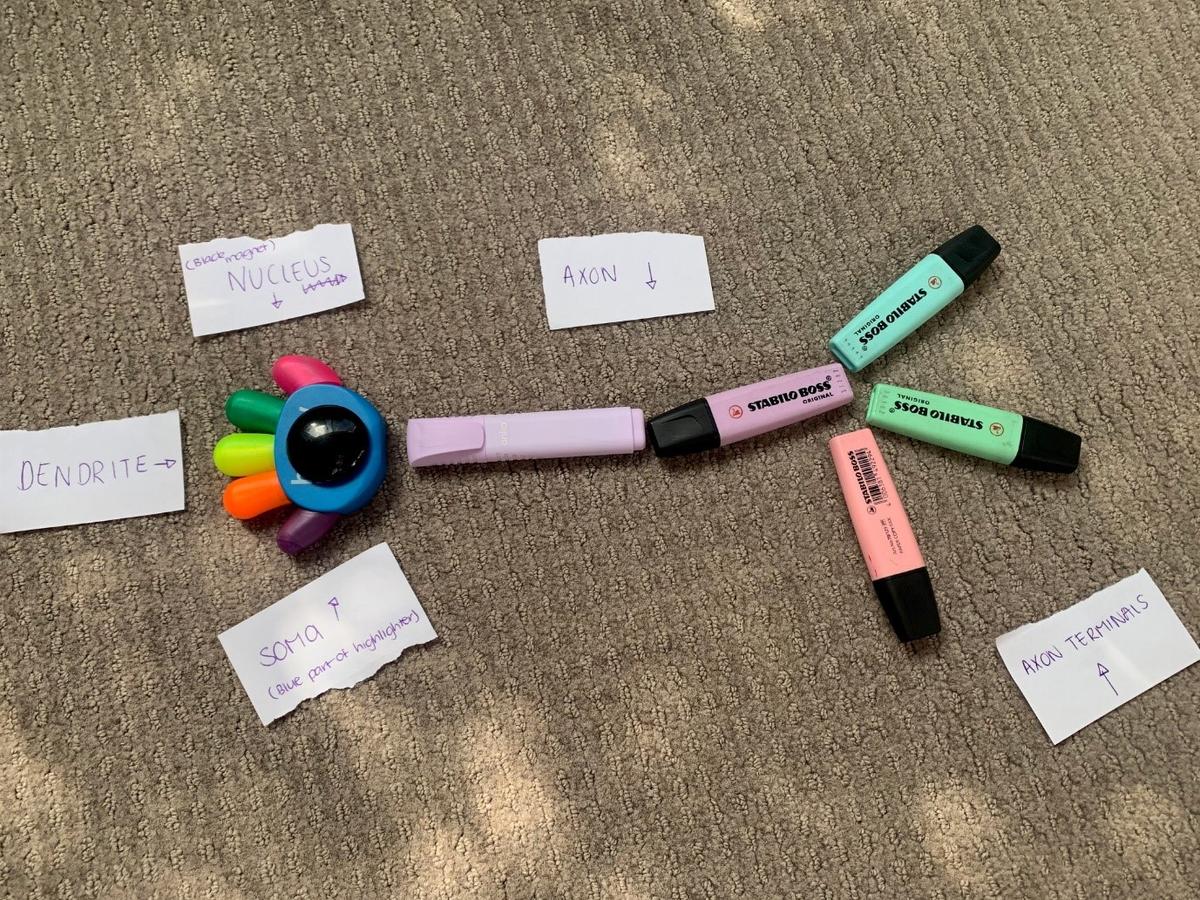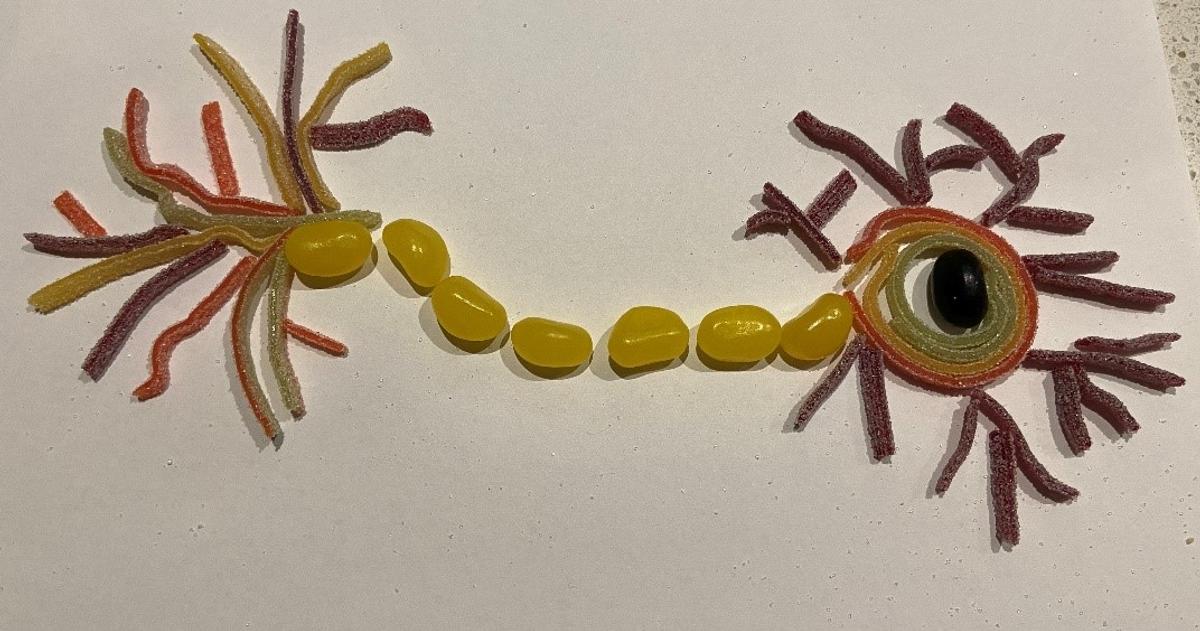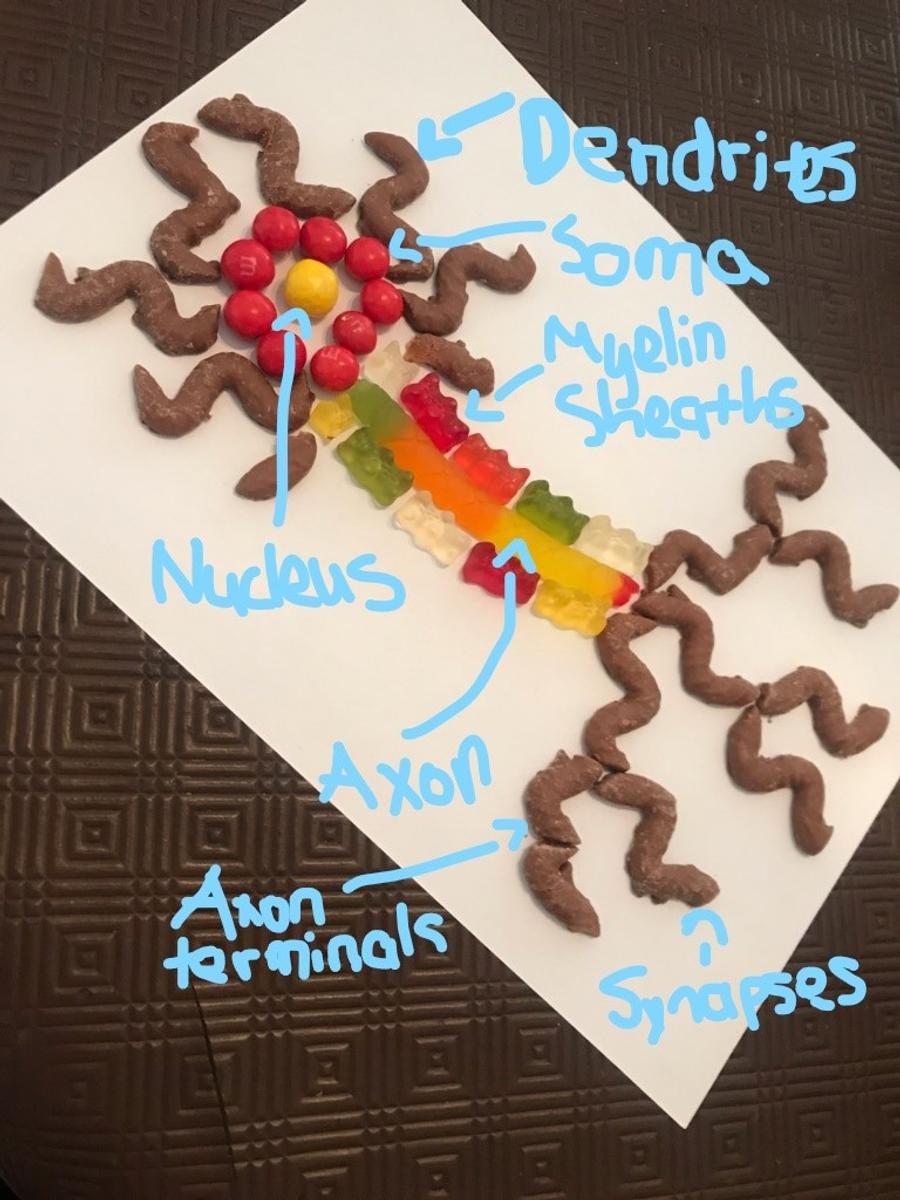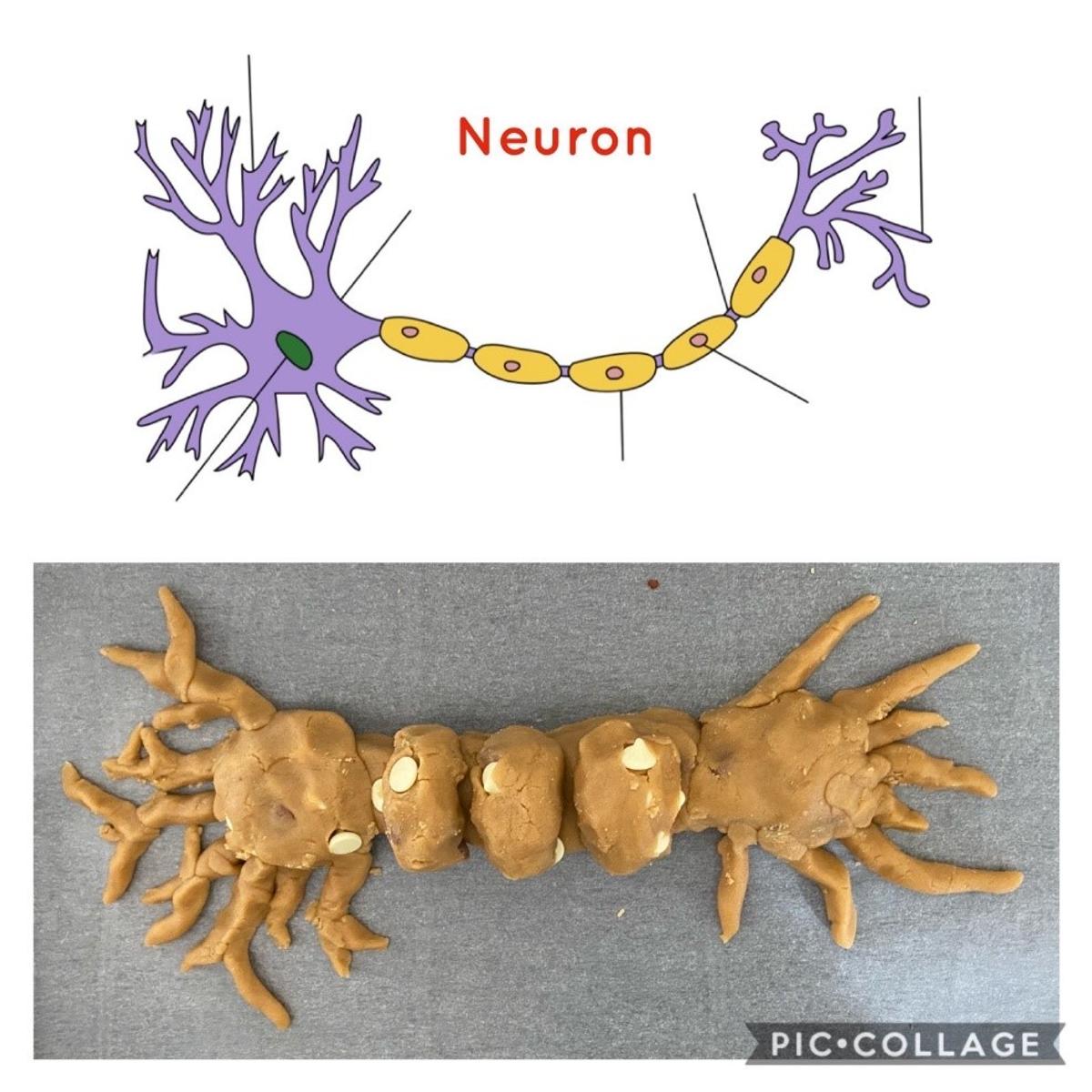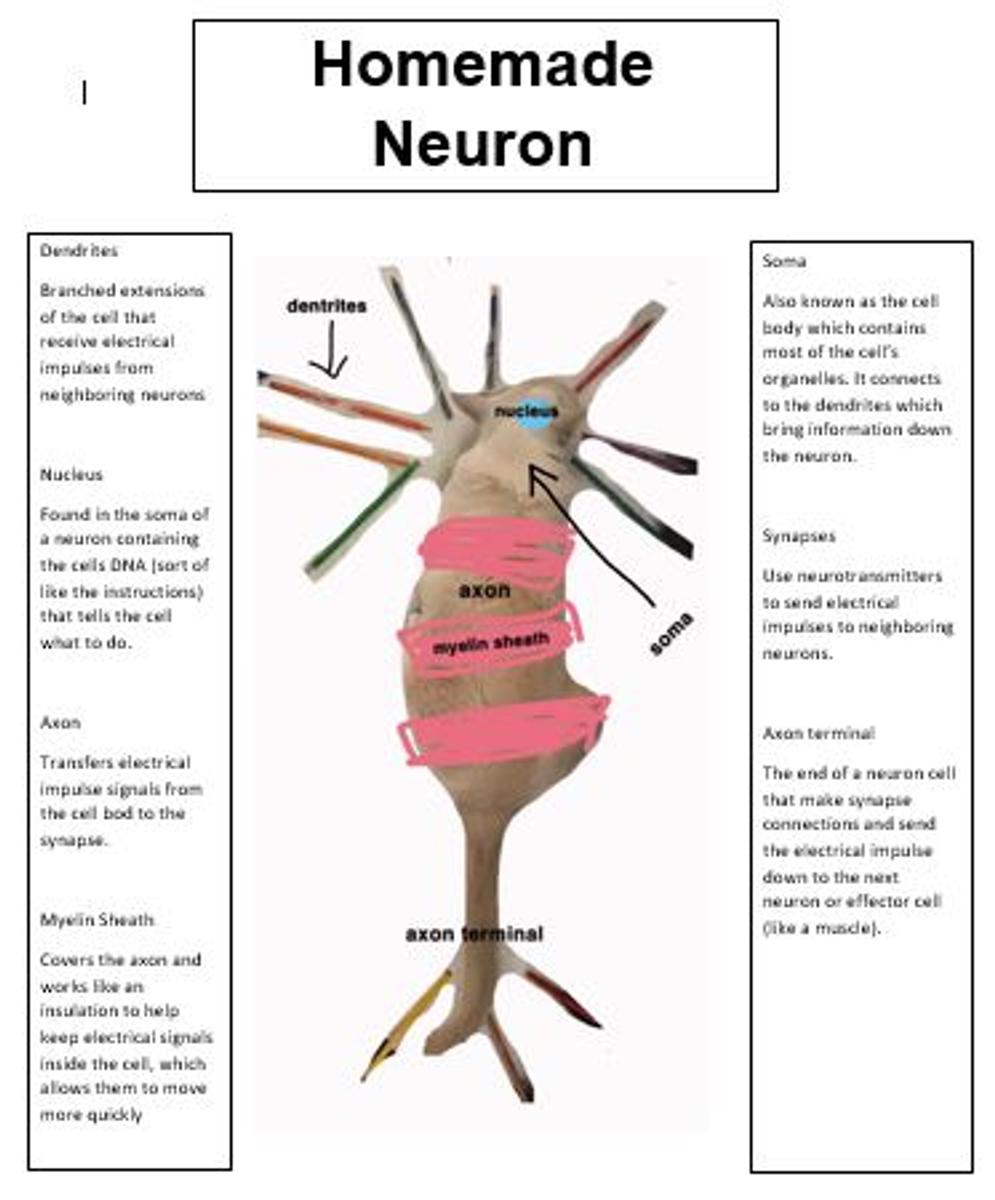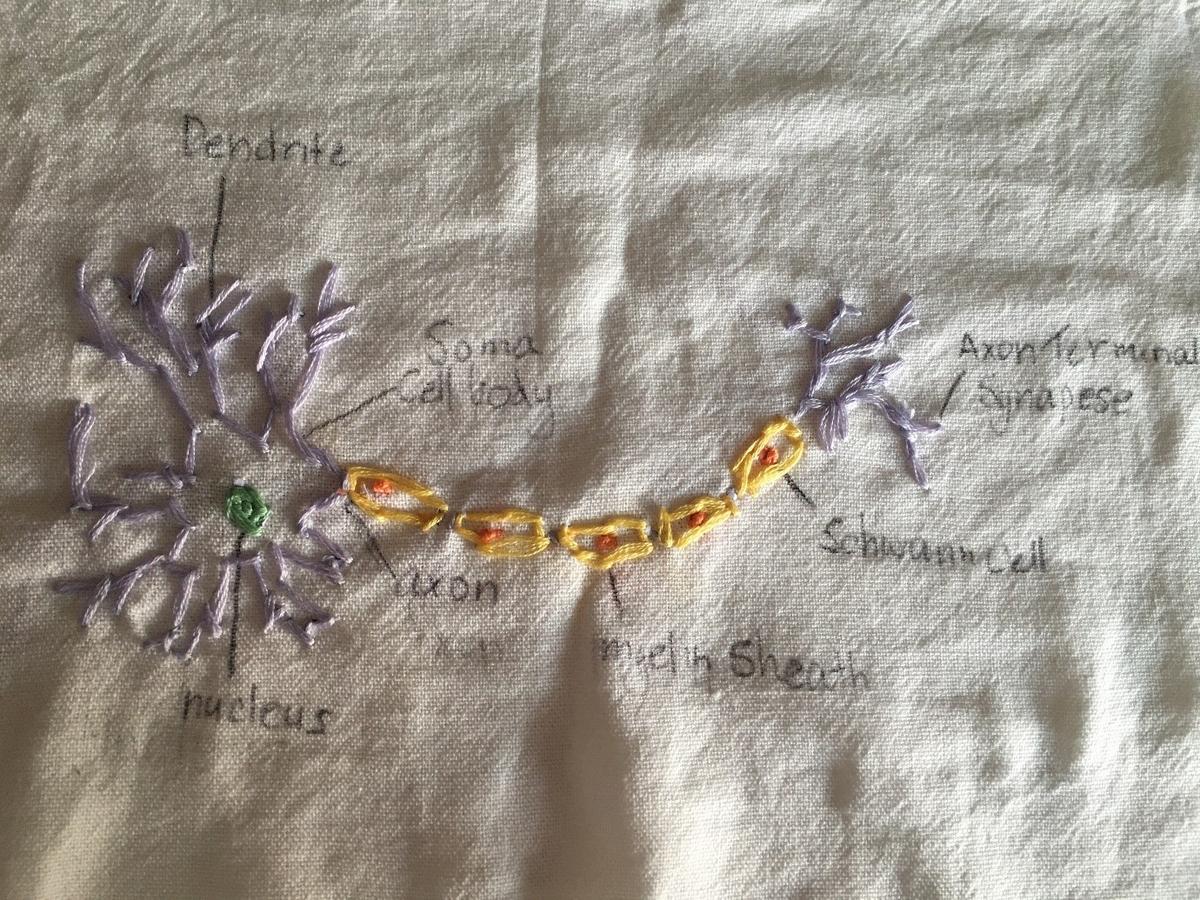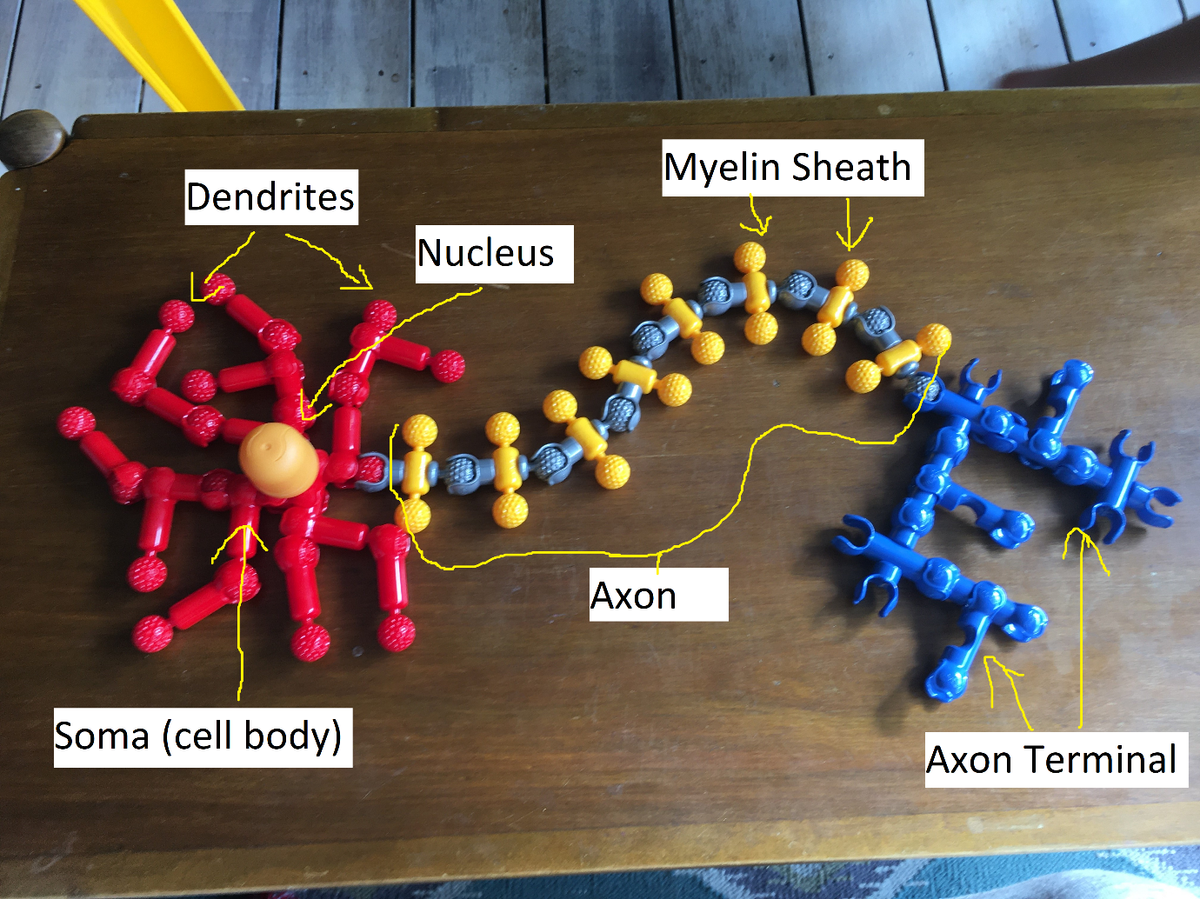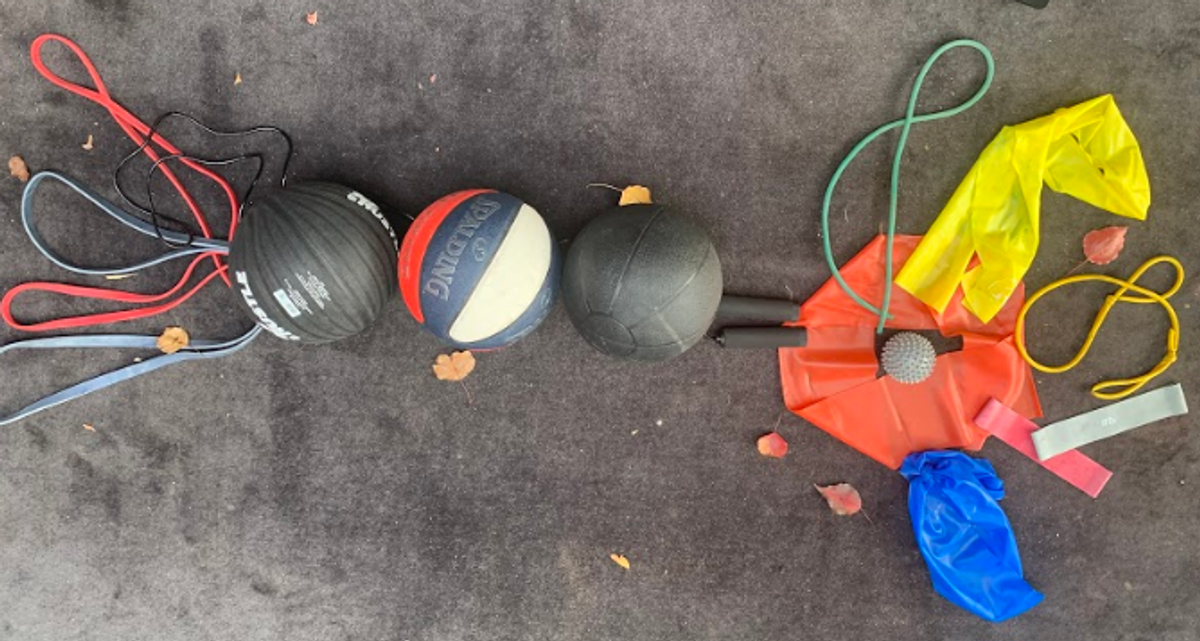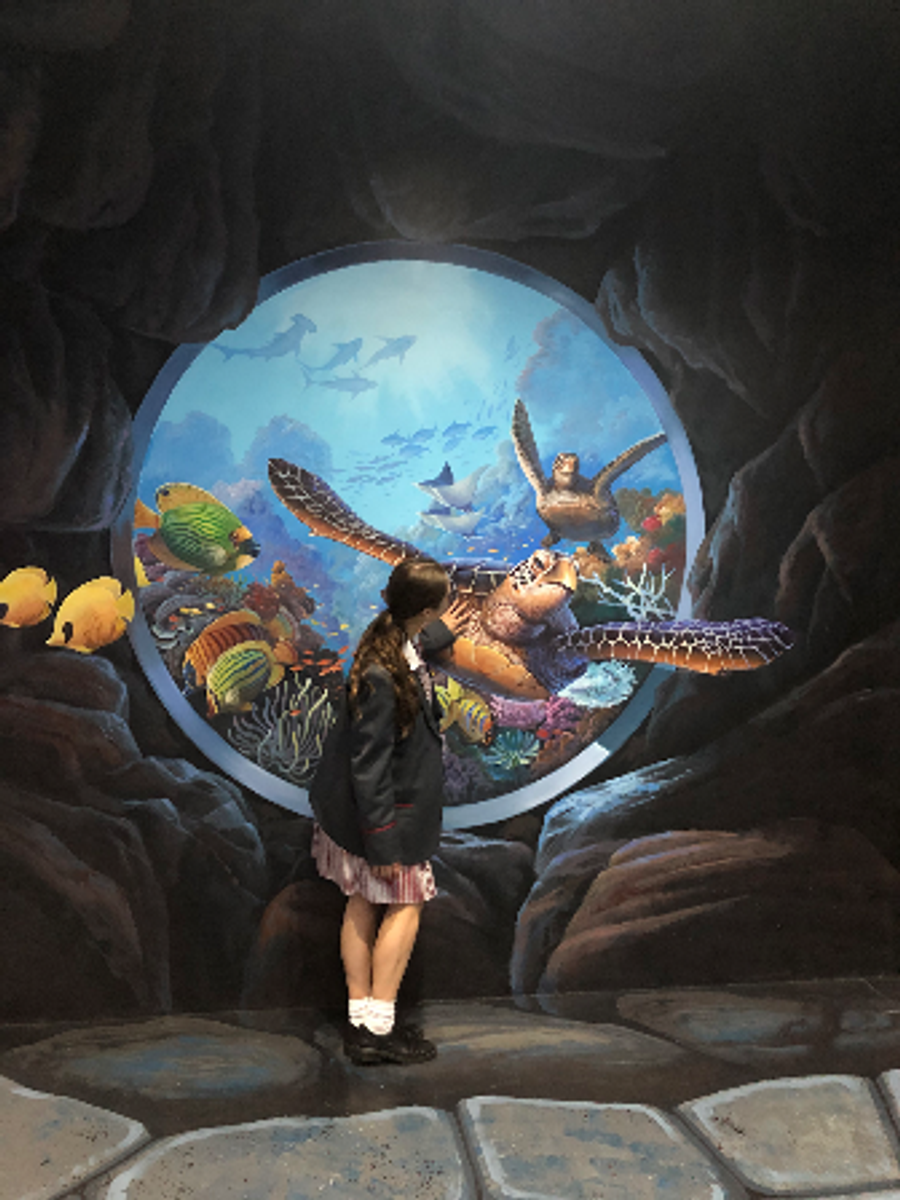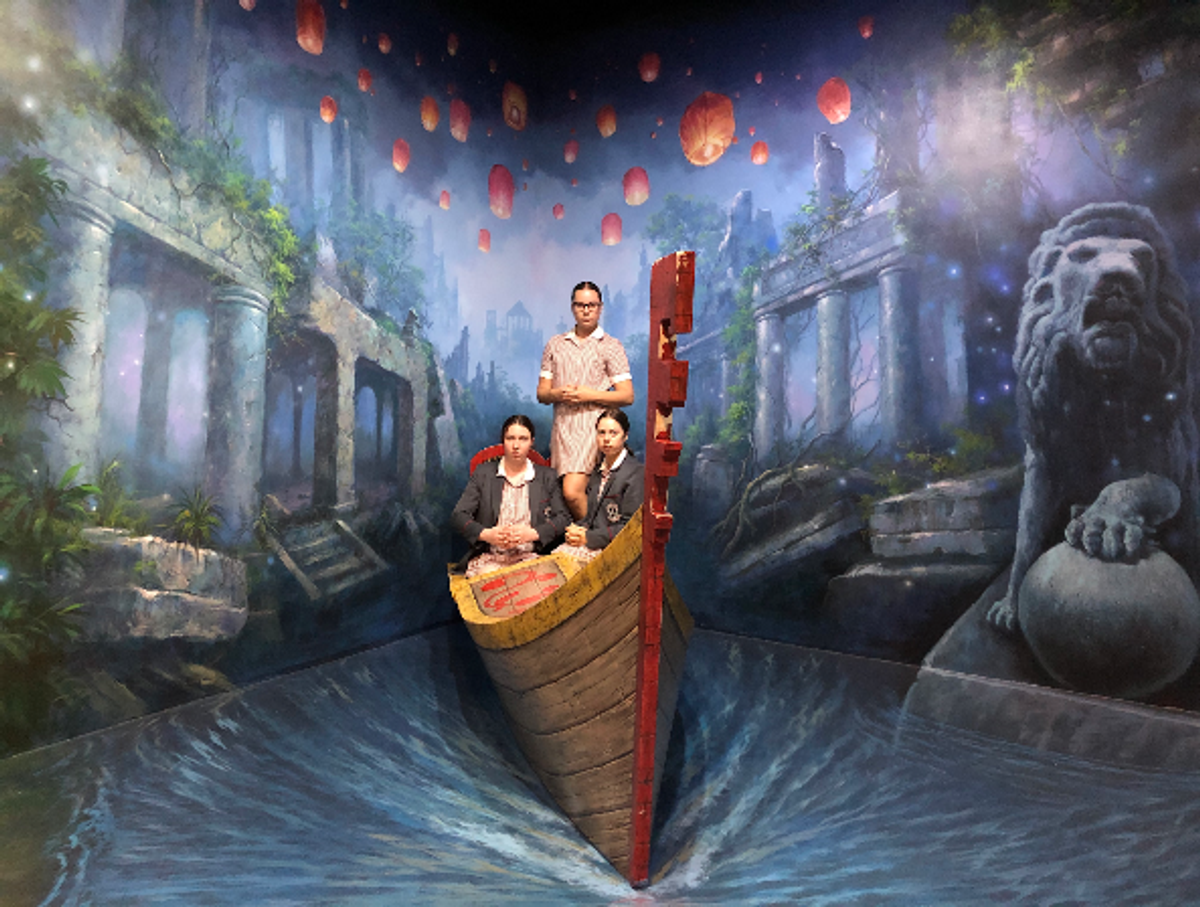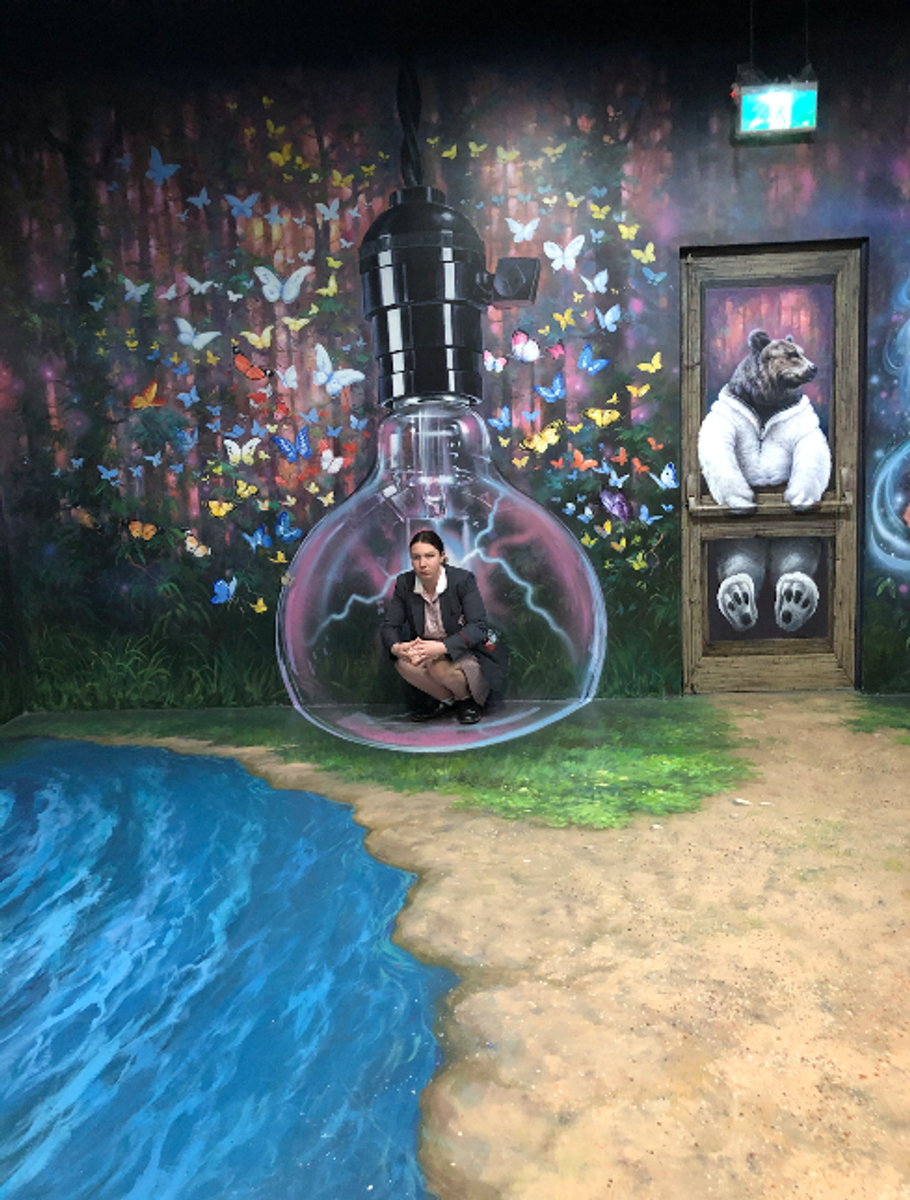Science
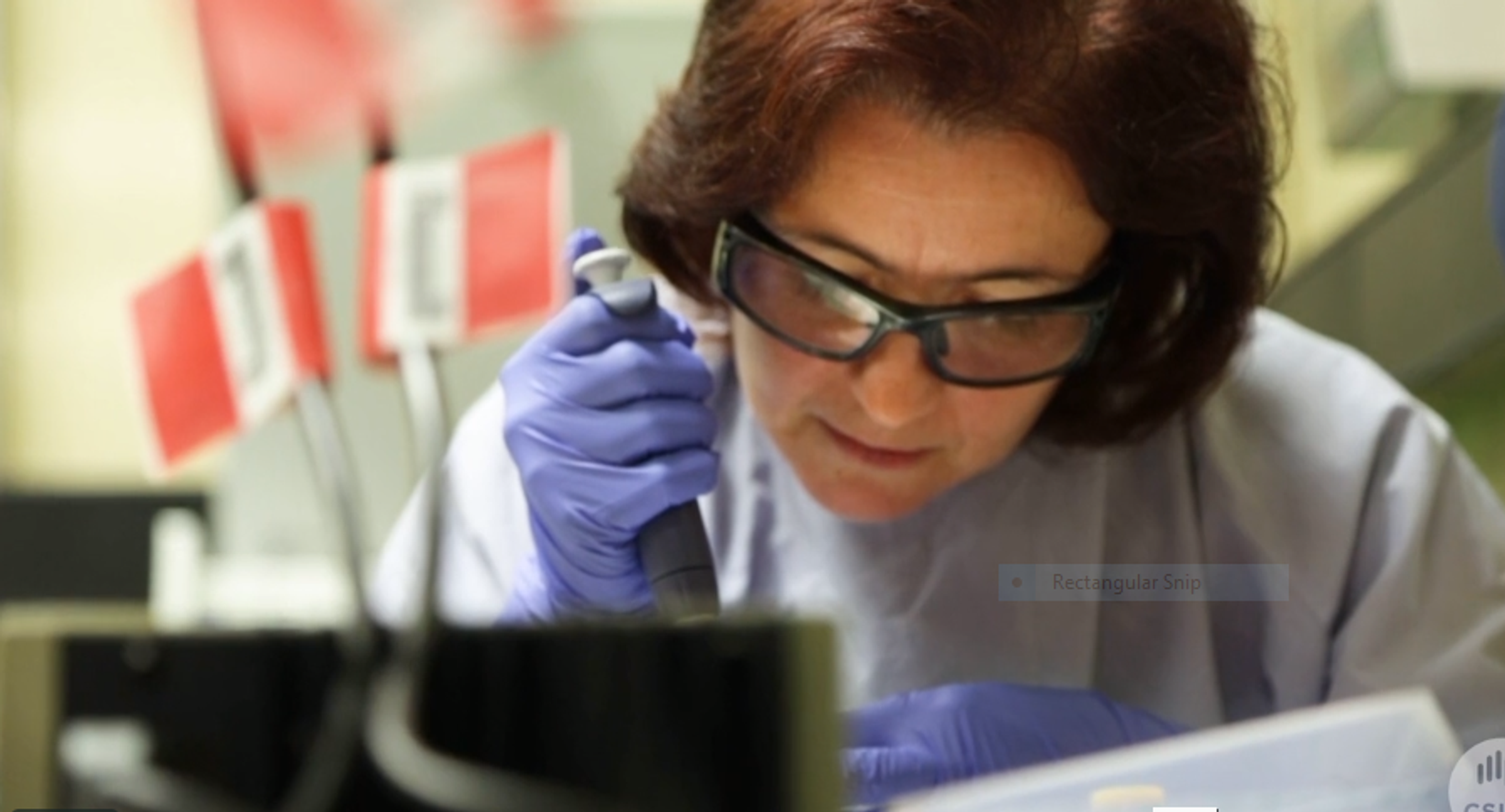
Science From Home
Seeking a Vaccine
As we live day to day in this strange new world in which we find ourselves, there are some silver linings. One positive from the current crisis is seeing scientists across the globe united in their quest for the remedy or the antidote for the pandemic that has affected all aspects of our lives. The science of immunity and vaccinations is taught in Year 9 Science and in VCE Biology classes, but this topic of study has never been more relevant.
Click here to view a very short video outlining some of the work of the CSIRO in successfully cultivating the virus and their work in pre-clinical COVID-19 vaccine trials for two candidates. This work is happening at the Australian Centre for Disease Preparedness (ACDP) in Geelong, Victoria.
A CSIRO graphic outlining the steps in this process, which the CSIRO hopes to achieve over the next 12 to 18, months is shown below.
The ANSTO STEAM Club for Years 7 and 8 students
In the time of remote learning, there are additional avenues for activities that you may wish to pursue.
The ANSTO STEAM Club is a five-week program that operates through its own Google Classroom. Students are sent experiments that can be completed at home each week over the five week period. Students take photos of their success and complete a report that is uploaded to Google Classroom and corrected by the ANSTO staff.
If you would like to register, please see here.
If you would prefer not to join, but are still interested in completing the experiments, these will also be circulated each week in an ANSTO STEAM Club folder which I have created in the Science folder for Year 7 and 8 on Student Share. The first activity is a popular favourite of ours- Paper Chromatography. We will do this activity in our Year 7 Science classes later this year on-campus but if you would like to explore which colours of ink make up your textas then please open the instructions from Student Share from here.
Please email Jacinta.devlin@kilbreda.vic.edu.au with any photos of your beautiful Chromography that you are happy to share!
The Big Science Competition - Still Taking Place!
The Big Science Competition is a national competition, open to students from Year 7 to 10. The competition is conducted over 50 minutes and requires students to respond to 30 complex multiple choice questions. In the past, Kilbreda has invited students to compete in the paper and pen version of the competition. In 2020, the competition is proceeding, but needs to be completed in an online format under strict conditions. The competition will be conducted on 21 May.
If you are interested in participating in the competition, firstly have a look at the sample competition papers found on Student Share in your year level’s Science folder. Once you have a good idea of the level of the competition, please email Jacinta.devlin@kilbreda.vic.edu.au if you would like to enter.
Kilbreda has registrations for 20 students to participate in each year level. Places are limited so please send your request if you are keen. If there are additional places available, invitations will be issued to students based on recommendations from Science teachers over the coming weeks.
Melbourne Museum: At Home Learning
With the temporary closure of Melbourne Museum to the public, the museum staff are releasing learning materials over the next ten weeks of Term 2. These go across all levels of schooling and a range of subject areas. For more details, please see here.
Remote Learning -
Year 10 Medical Science/Psychology
Undertaking remote learning is the chance for both teachers and students to come up with different ways of competing a task to achieve the desired outcome.
Traditionally, as part of our Year 10 Medical Science / Psychology curriculum, students would colour and label a diagram of a neuron. However, whilst working remotely, they were set the challenge to create neurons in a variety of ways and by using household objects. Creative juices flowed with neurons being made that were good enough to eat (lolly neurons) and other neurons constructed from toys, embroidery and even a cat!
Learning remotely may have its challenges. However, the creativity of our students has not diminished and it is a perfect opportunity for them to think outside the box.
Sue Dempster
Psychology Teacher
VCE Psychology
Unit 1 ArtVo Excursion - Term 1
I suppose judging by these photos you may be wondering, where did these girls go? Before you ask, no, we didn’t go to the moon, under the sea, or on a boat. In fact, we didn’t leave Melbourne! All of these images were taken under one roof, at the ArtVo Immersive Gallery.
As part of Unit 1, VCE Psychology, we travelled to the Docklands to study the images at ArtVo, in preparation for our SAC on perception and illusion. As we went around the gallery, we posed with our friends, becoming part of the paintings. As pictures were taken, fascinating images were created. When we viewed them on our cameras, the girls were appearing as though they were incorporated into the settings. The intricate and vibrant images depicted throughout the gallery were extremely captivating, each providing a different perspective.
VCE Psychology students were asked to reflect on their experience at ArtVo:
"It was a thoroughly enjoyable experience, which really helped me achieve great results." - Teresa Peters
"Not only was it really engaging, it also assisted me greatly with my revision." - Tara Jones
"The images were immaculate, and seeing them in person really helped me to understand the topic." - Sarah Mckenna
For all the students considering undertaking psychology Units 1 and 2 in 2021, this excursion is certainly one to look forward to. While we were able to have an enjoyable time taking hilarious and, at times, somewhat questionable photos with our friends, we also gained a comprehensive understanding of the different concepts we were studying, experiencing the different illusions first-hand. This ultimately prepared us for our SAC in a fun, yet engaging manner.
Charlotte Pulbrook
Year 11
